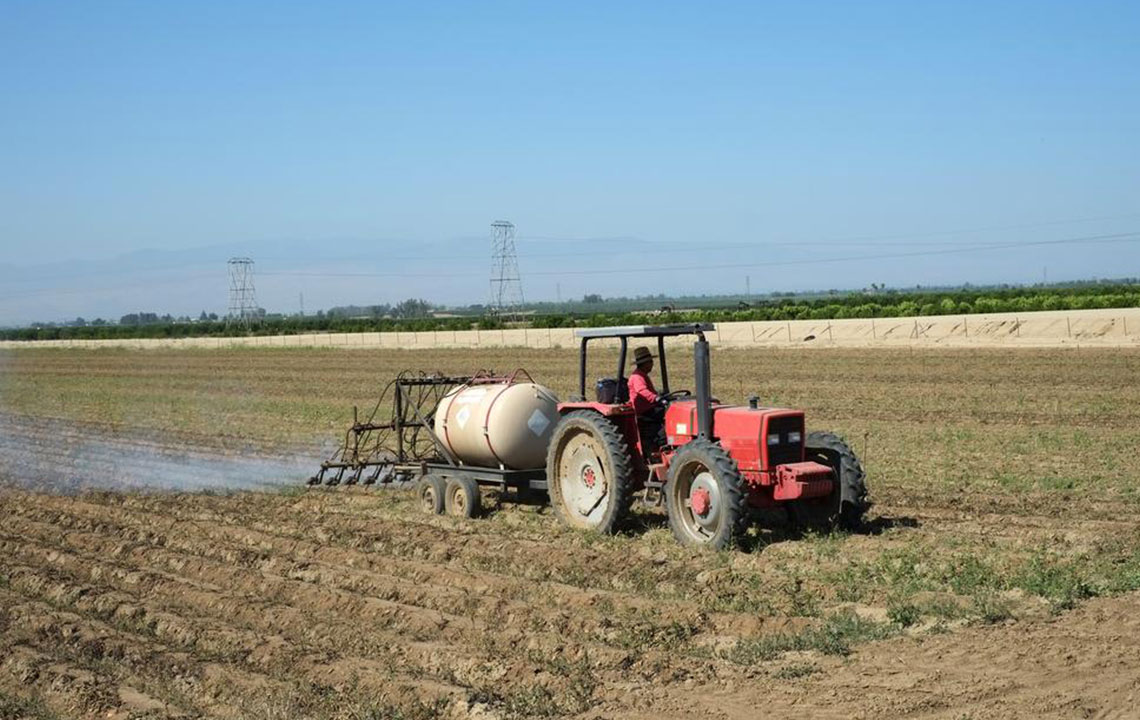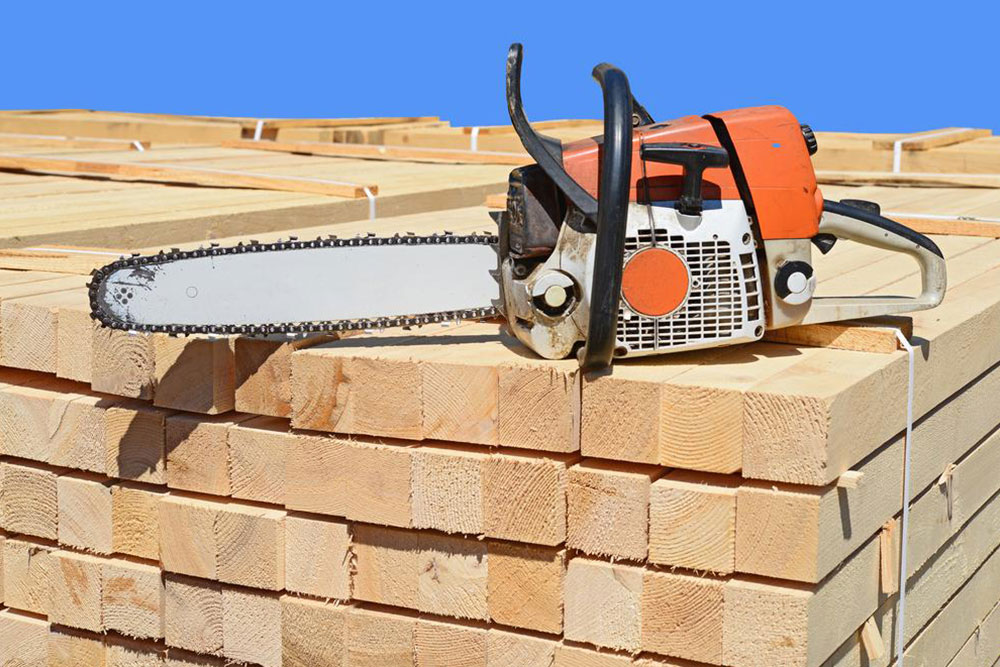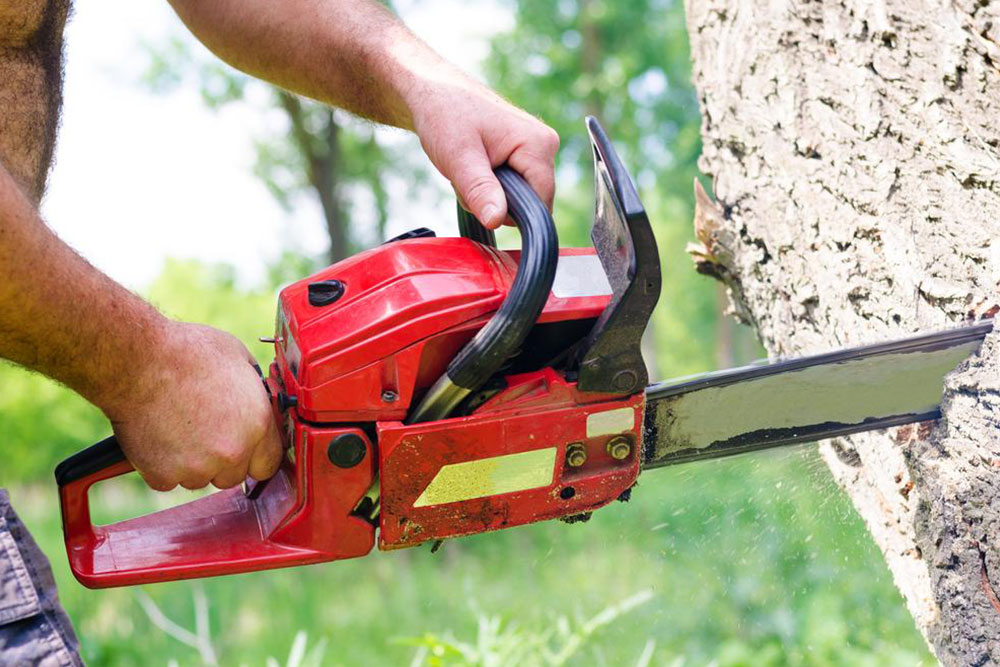Essential Equipment for Modern Farming: Top 5 Tools Every Farmer Needs
Discover the top 5 essential farm equipment pieces vital for modern agriculture. From small tractors and utility carts to composting units, power tools, and pickup trucks, learn how these tools can transform your farming operations. Embrace sustainable and efficient farming practices with our comprehensive guide tailored for farmers of all sizes.

Essential Equipment for Modern Farming: Top 5 Tools Every Farmer Needs
Running a successful farm involves more than just planting crops or raising livestock; it requires the right equipment to enhance efficiency, productivity, and sustainability. With advances in agricultural technology and machinery, modern farmers have access to a wide array of tools designed to streamline daily operations. Whether you're managing a small family farm or overseeing a larger agricultural enterprise, selecting the appropriate equipment is crucial to maximizing output while minimizing effort and costs.
In this comprehensive guide, we delve into the top five essential pieces of equipment that every modern farmer should consider integrating into their operations. These tools are not only versatile and durable but are also selected to suit various farm sizes and conditions, ensuring you can optimize your farm work regardless of scale.
Small-Scale Tractors: The Backbone of Modern Small Farms
Small tractor models, often referred to as utility or compact tractors, have become indispensable assets for modern farmers, especially those managing farms under 60 acres. Unlike their larger counterparts, these tractors are designed to be versatile, cost-effective, and easy to operate, making them suitable for a wide range of tasks across diverse agricultural settings.
These compact tractors are equipped to handle mowing large fields, tilling soil, planting, harvesting, baling hay, and even snow removal in winter. Their maneuverability on small plots makes them ideal for hobby farms or urban agriculture projects, where space is limited but productivity cannot be compromised.
Modern small tractors come with various features, including adjustable tires, hydraulic lifts, and attachments, allowing farmers to customize their equipment to suit specific needs. For farms under 60 acres, investing in a small tractor provides a cost-effective solution that offers the versatility required for multiple farm tasks without the expense and complexity of larger machinery.
Choosing the right small tractor depends on terrain, crop type, and operational scale. Two-wheel drive models are sufficient for flatland farms, but rough terrains such as hills, snowy areas, or muddy fields benefit from four-wheel drive models, which provide better traction and stability. Additionally, selecting a tractor with ease of maintenance and available replacement parts can ensure longevity and consistent performance across years of operation.
Utility Carts: Efficiency and Durability for Heavy Loads
Utility carts are an often-overlooked but vital piece of farm equipment that significantly enhances labor efficiency. Designed to be lightweight yet incredibly durable, utility carts enable farmers to transport heavy loads across uneven, muddy, or hilly terrain without straining themselves or damaging the soil.
These carts are perfect for hauling soil, mulch, tools, fertilizers, harvested produce, or livestock feed, making day-to-day farm activities easier and faster. Their robust frames and large tires allow them to navigate rugged landscapes, reducing the number of trips needed and saving valuable time during busy planting or harvesting seasons.
Many utility carts come with features such as collapsible sides, ergonomic handles, and interchangeable attachments that further improve practicality. Some models are designed to be towed by tractors or utility vehicles, integrating seamlessly into existing farm machinery fleets. For farms seeking to boost productivity and reduce physical labor, utility carts are an excellent long-term investment that offers both efficiency and durability.
Composting Units: Embracing Eco-Friendly and Soil-Enriching Practices
Composting is at the heart of sustainable farming practices, enabling farmers to reduce waste while naturally enriching their soil. Modern composting units come in various sizes and designs, catering to small backyard farms as well as large-scale agricultural operations.
From simple tumbling composters to advanced multi-bin systems, these units facilitate the decomposition of organic materials like crop residues, manure, and kitchen waste into nutrient-rich compost. Incorporating composting units into farm routines not only minimizes waste disposal costs but also creates a renewable resource to improve soil fertility, water retention, and crop yields.
Choosing the right composting unit depends on farm size, waste volume, and space availability. Small tumblers are ideal for hobby farmers, offering ease of use and quick composting cycles. Larger static or multi-bin systems are suitable for commercial farms that generate significant organic waste, ensuring continuous compost production without disrupting farm flow.
Additionally, composting helps farms comply with environmental regulations by reducing waste and minimizing runoff pollution. By adopting composting technology, farmers embrace eco-friendly practices that support long-term farm sustainability and environmental stewardship.
Power Tools: Boosting Farm Productivity with Modern Equipment
Electric power tools are essential for streamlining various manual tasks on the farm. Rechargeable cordless tools such as saws, drills, pruners, and hedge trimmers have revolutionized how farmers approach routine maintenance, planting, fencing, and infrastructure work.
Investing in high-quality, durable power tools ensures reliability and efficiency, saving farmers time and effort while reducing fatigue. Cordless tools offer portability and ease of use, enabling workers to operate in remote areas without the need for power outlets or extension cords.
Modern battery technology provides longer run times, fast charging, and environmental benefits, making these tools a smart choice. When combined with safety features and ergonomic design, power tools significantly enhance productivity on modern farms.
By incorporating a range of electric power tools into daily farm activities, farmers can complete tasks faster, improve precision, and overall optimize operational workflows, contributing to higher yields and farm success.
Utility Pickup Trucks: Versatile Transportation for Farm Operations
Utility pickup trucks are a staple in farm logistics, providing reliable and versatile transportation of supplies, equipment, and even livestock. Their rugged construction and spacious beds make them ideal for hauling a variety of materials, including feed, firewood, fencing materials, and harvested crops.
Adding a trailer to a pickup truck expands its capacity further, enabling the transportation of larger or heavier loads and facilitating the movement of livestock or large equipment. Pickup trucks are also vital during planting or harvest seasons, when quick, repeated trips across the farm are necessary.
Long-term durability and ease of maintenance make pickup trucks an essential investment for farm operations of all sizes. Models with four-wheel drive capabilities can handle challenging terrains, muddy fields, or hilly areas, ensuring maximum versatility throughout the year.
From a safety and operational perspective, modern pickup trucks come equipped with features such as backup cameras, terrain management systems, and reinforced frames, enhancing both safety and efficiency during daily work. Their utility, coupled with affordability and dependability, makes pickup trucks a cornerstone of farm transportation and logistics.
In summary, equipping your farm with the right machinery and tools is fundamental to achieving productivity, sustainability, and profitability. Small tractors, utility carts, composters, power tools, and pickup trucks form the core of efficient farm operations, addressing every aspect from soil preparation to transportation. Embracing modern technology not only simplifies farm management but also promotes eco-friendly practices, ensuring your farm remains resilient and competitive in today’s evolving agricultural landscape.





